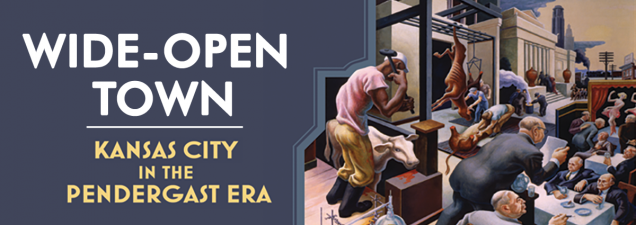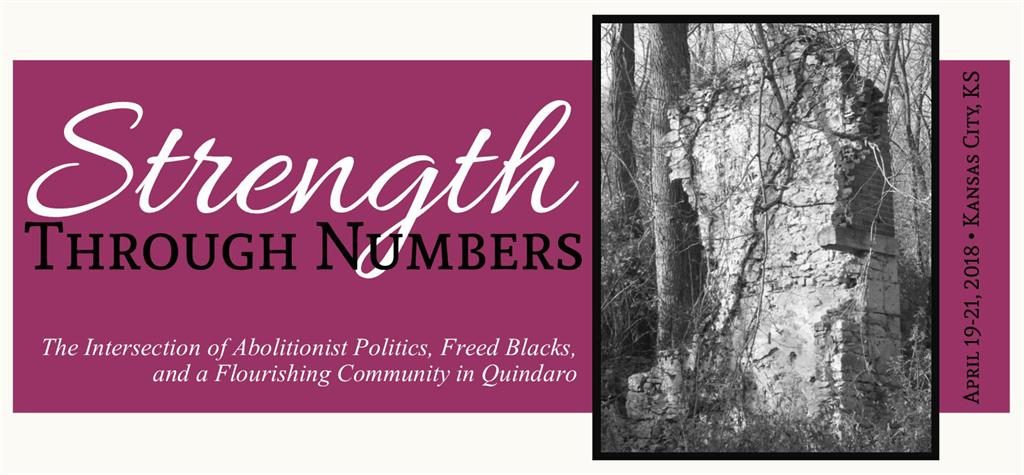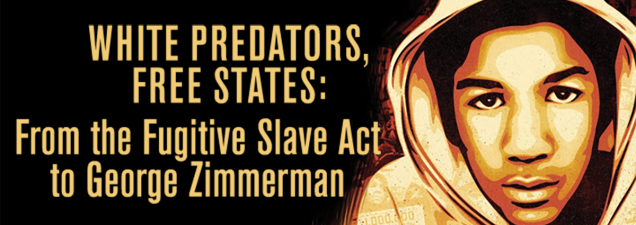 Bronze plaque commemorates 1st-ever Meeting of National Gay and Lesbian Rights Activists
Bronze plaque commemorates 1st-ever Meeting of National Gay and Lesbian Rights Activists
In 1966, 39 national LGBT civil rights leaders joined each other to plan strategies and develop collaborations. They met, for the first time ever, at the State Hotel formerly on 12th and Wyandotte Streets in Kansas City, Missouri.
That small, 2-day conference included major gay and lesbian political figures from both the east and west coasts. There were representatives of the Mattachine Society, including founder and Missouri native Hal Call; the two founders of the Daughters of Bilitis, the first lesbian advocacy group; founding members of ONE, Inc., out of Los Angeles. This consortium became known as the North American Conference of Homophile Organizations – “homophile” a term used at the time as we use “LGBT” today.
Immediately after the Kansas City meeting, Drew Shafer and other local organizers formally established the Phoenix Society for Individual Freedom, Kansas City’s first gay advocacy organization.
In partnership with the Gay and Lesbian Archive of Mid-America, LGBT-KC, a community volunteer committee, is unveiling an historical marker across from the hotel site, commemorating both the 50th anniversary of that historic meeting and the founding of the Phoenix Society. GLAMA and LGBT-KC have been working for nearly two years with representatives of City Hall and Visit KC on the marker project.
“We are thrilled to shine a light on this hidden piece of Kansas City history and milestone of the struggle for LGBT civil rights in America”, said David Jackson, a member of LGBT-KC.
GLAMA has planned several talks and presentations leading up to the unveiling event.
Sunday, October 16 2:00 pm
“Phoenix Rising: the Homophile Movement comes to Kansas City”
Kevin Scharlau, award-winning historian of Kansas City homophile history
Kansas City Public Library | 14 W. 10th Street, Kansas City, MO 64105 (816) 701-3400
This event is part of the Missouri Valley Speaker Series
Tuesday, October 18 6:00 pm
“Before Stonewall: the First Generation of LGBT Activism”
John D’Emilio, U. of Illinois – Chicago Emeritus Professor of History and noted LGBT historian
UMKC Student Union | Student Union, 5100 Cherry St, Kansas City, MO 64110
Thursday, October 20 5:45 pm
Unveiling Ceremony | Introducing the bronze historic marker commemorating the first-ever national meeting of LGBT rights activists, and KC’s first LGBT advocacy organization
Barney Allis Plaza, northeast corner at the intersection of 12th and Wyandotte Streets.
Speakers: Kansas City Council members Katheryn Shields and Jolie Justus
Performance: Members of the Heartland Men’s Chorus.
Reception: Post-unveiling, at the Phillips Hotel 106 W 12th St, Kansas City, MO 64105
Event Partners Include: LGBT-KC Committee; UMKC LGBTQIA Programs and Services; UMKC Departments of Communication Studies, English, History, Theater, and Women and Gender Studies; Kansas City Public Library, Visit KC




